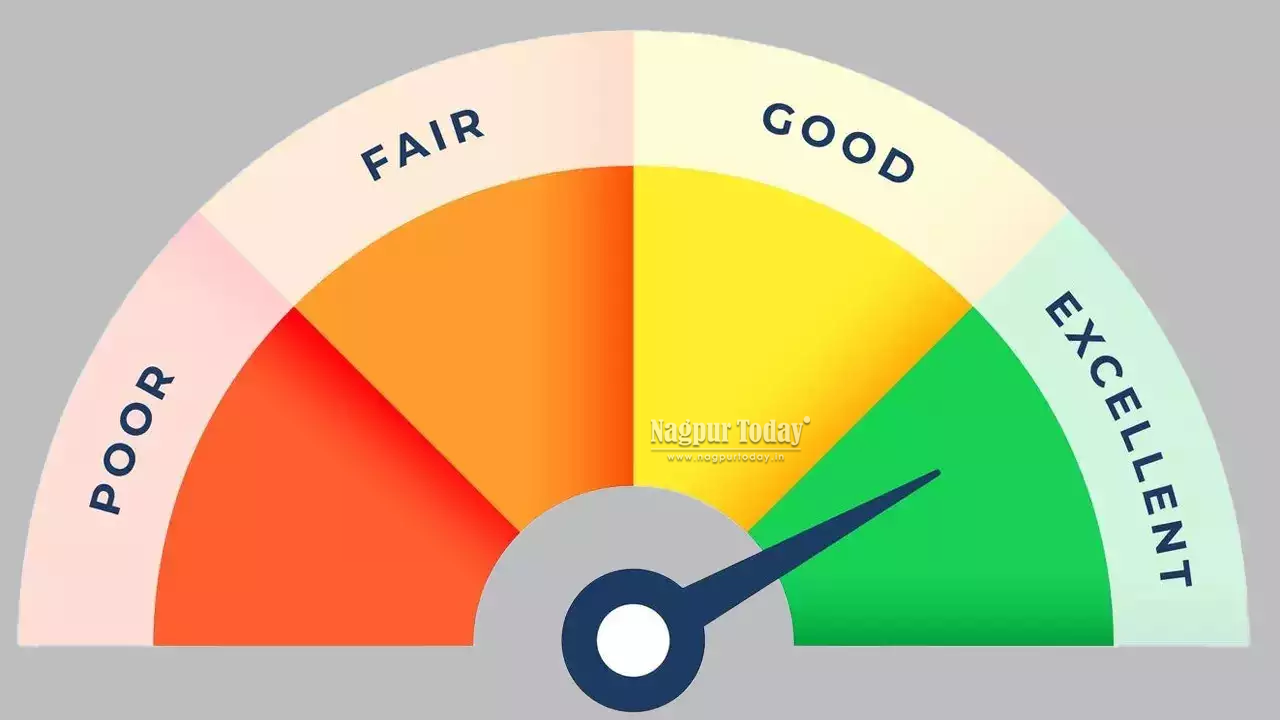Learn how to check your CIBIL score before applying for a business loan, and what is the minimum score required for it.
Business loans can be obtained for a business enterprise’s expansion, working capital, and other operational purposes. However, lenders assess the borrower’s creditworthiness before lending the money. One of the major factors they look into is the applicant’s CIBIL score.
Businesses with a good score have an advantage in negotiating better loan terms such as lower interest rates, higher loan amounts, longer tenure, etc. Businesspersons can easily get loans with information about the minimum CIBIL score required for a business loan.
What is a CIBIL Score?
CIBIL score is a numeric score of three digits that determines the creditworthiness of a business. The typical score will fall within the range of 300 to 900. The score is provided by Credit Information Bureau (India) Limited (CIBIL) based on a business credit history, repayment behaviour, credit utilisation, and other related financial aspects.
For business loans, lenders generally take into account the personal CIBIL score of the owner as well as the company’s credit report. Hence, a higher score would mean that the loan application has a higher chance of being accepted along with favourable terms.
Minimum CIBIL Score for Business Loans
The banks generally require a minimum CIBIL score of 700 and above for business loans. However, the credit score criteria vary depending on the lender, the loan type, and the borrower’s financial profile.
If the score of a business owner is below 650, they may have difficulties getting unsecured loans. In that case, they can consider other financing options such as secured loans, NBFC loans, invoice financing, Peer-to-peer (P2P) lending, etc.
How to Check CIBIL Score for Business Loan
Prior knowledge of your CIBIL score before making an application helps assess eligibility and enhances your chances of approval. The following are the steps on how to check the CIBIL score for a business loan:
- Visit the official site of CIBIL (www.cibil.com) and go to the section meant to check your credit score.
- Create an account if you are a new user, or log in to your account if you have one.
- Fill in the personal and financial details such as PAN number, date of birth, email ID, contact number, etc.
- Authenticate your identity using OTP verification.
- You can download your credit report and check your CIBIL score.
- Examine your report so that no discrepancies affect your score adversely.
Additionally, many banks and non-banking financial companies also provide free CIBIL score checks.
Factors That Can Impact CIBIL Score for Business Loans
Multiple factors affect the CIBIL score for business loans. Some of them are:
- Credit Repayment History
Payments made well in time for EMIs and credit card dues improve the score, while missed or delayed payments reduce it.
- Credit Utilisation Ratio
Credit utilisation above a certain percentage of the available limit has an adverse effect on the score.
- Number of Credit Inquiries
A bulk number of loan requests within a very brief period will drop your score, as it indicates financial distress that the business owner is looking for several new loans.
- Loan Mix
A judicious mix between secured and unsecured loans improves creditworthiness.
- Business Stability and Revenue
The more profitable and stable a business is, the easier it is for lenders to approve the loan, even with a fair credit rating.
FAQs
- Can I apply for a business loan with a CIBIL score lower than 650?
Yes, you can attempt to apply for a loan under these circumstances, but it may be challenging. Normally, NBFCs or lenders giving secured loans will consider your applications. Sometimes, interest rates may be higher for businesses with low credit scores.
- How often should I monitor my CIBIL score?
For businesses, it is advisable to check the CIBIL score at least annually. It is useful to monitor credit ratings, identify errors, or find incidents of identity theft.
- Can I get a loan for my business if my credit score is low but my business is making profits?
Yes. Most likely, lenders will consider factors other than personal credit rating when the business has a good financial standing and stable revenue. The terms will vary from one lender to another.
- How much time does it take to improve a CIBIL score?
It takes time because improving the CIBIL score depends on how good the repayment history is, outstanding debt clearances, and how a particular person behaves with regard to credit in general. Major changes take time in about 6–12 months.
- Can I get a business loan without a credit score?
Yes, some lenders will provide loans based on cash flow, revenue, and business collateral without a CIBIL score.
- Does the government provide loans to businesses with a low credit score?
Yes. Schemes like Mudra loans or Stand-Up India have some relaxed credit requirements for small businesses and startups.
- What documents do I need to check my CIBIL score?
The required details usually include the PAN card, email ID, phone number, etc.
- Will the mistakes in my credit report affect my eligibility for business loans?
Errors in your credit report may lower your score and limit the availability of loans. So, you must dispute any inaccuracy with CIBIL.
- How do I get the best business loan with a low credit score?
Consider going for secured loans or working on improving the score before seeking a business loan. Otherwise, approach an NBFC with easy eligibility criteria.
















